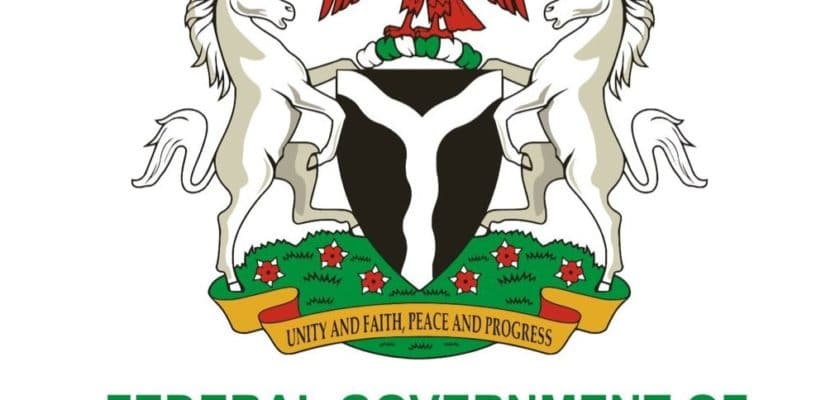The Federal Government has been advised by the Former Commissioner for Finance, Imo State, Prof. Uche Uwaleke to target seven per cent sustainable economic growth rates for at least five years to curb poverty.
In a keynote speech with the theme, “Addressing the Challenges of Poverty in Nigeria”, which he presented at the 2021 Prof. Epiphany Azinge colloquium, Uwaleke who is also the President, Capital Market Academics of Nigeria and a former Head of Department, Banking and Finance, Nasarawa State University observed that 40.1 per cent of total population in Nigeria were classified as poor, going by figures from the National Bureau of Statistics (NBS).
READ ALSO: FEC Approves N190.5m for Purchase of Research Equipment by University of Ibadan
While noting that Gross Domestic Product (GDP) growth is a necessary condition for poverty reduction and economic development, Uwaleke stated that 82.9 million Nigerians are considered poor by national standards, adding that an analysis of poverty in the country indicates that rural areas are most affected.
He lamented that the outbreak of COVID-19 pandemic and increasing insecurity such as farmers-herders crisis, kidnapping, banditry and insurgency had worsened the situation.
The finance expert explained that new strategies to tackle insecurity, including seeking help from foreign friendly countries in the fight against insurgency and banditry had become imperative. He also pointed out that there is a strong correlation between corruption and high poverty rates, adding that the time has come to set up special courts for corruption.
Proffering solutions to address the poverty quagmire, Uwaleke stated: “GDP growth is a necessary condition for poverty reduction and economic development. Government should seek sustainable GDP growth rates of 7.0 per cent for at least five years beginning in 2022.
“Unlike during pre-2015 era characterised by high jobless growth rates fuelled by high crude oil prices; growth rate must be inclusive to impact poverty levels. This requires a conscious effort on the part of government to promote high skilled jobs leading to higher income levels.”
He further argued that the current administration’s target to lift 100 million Nigerians out of poverty by 2030 required a conscious plan involving subnational governments and all arms of government, stressing that this is to ensure that any measure put in place now is backed by law and cannot be easily truncated by successive governments. Past and present social intervention schemes, he said, were only good as stop-gap measures and are not designed to lift people out of poverty.
Uwaleke said: “Poverty as a concept means material deprivation and lack of access to basic services like health and education. In Nigeria, the poor are defined as those who have consumption expenditures lower than the poverty threshold.”
The finance expert noted that the NBS estimated the poverty line at N137,430 per person per cent. Proffering more solutions to the problem, he called for special funding for universities and colleges of agriculture scholarships to students of agriculture as well as encouraging graduates of agriculture to register partnership firms and supported with soft loans especially lease financing.
He therefore advocated a new educational policy, which integrates all levels of education with information technology (IT), this requires the merger of Ministries of Education and Science and Technology.

